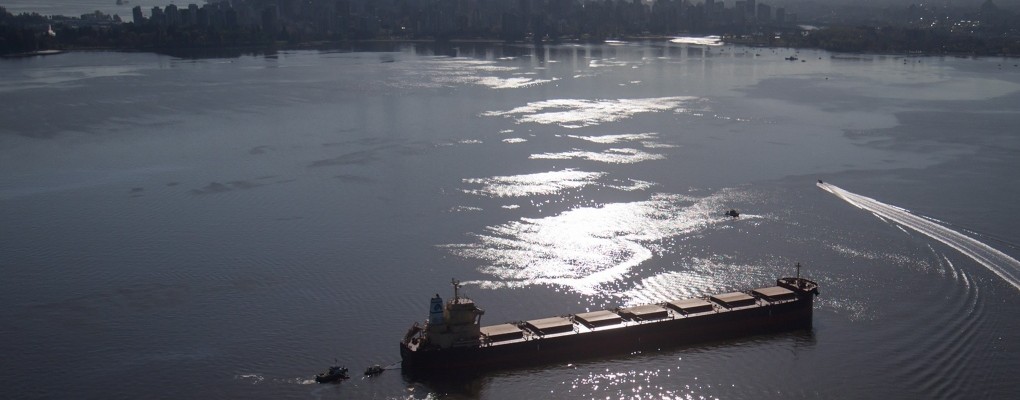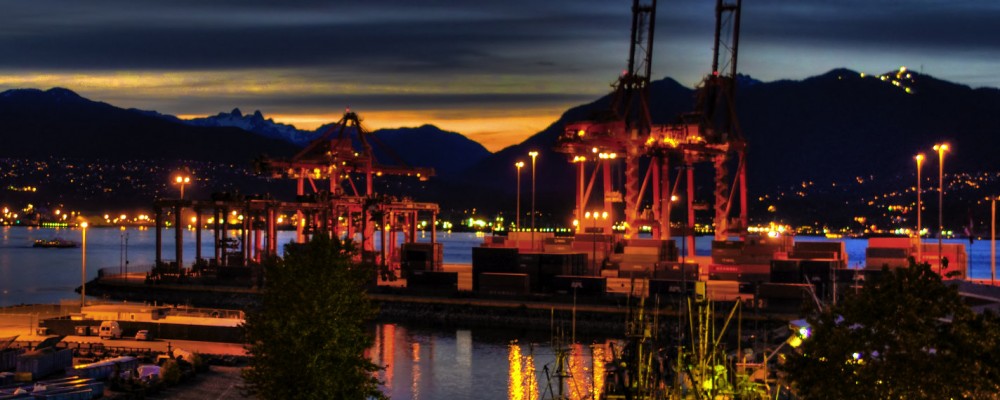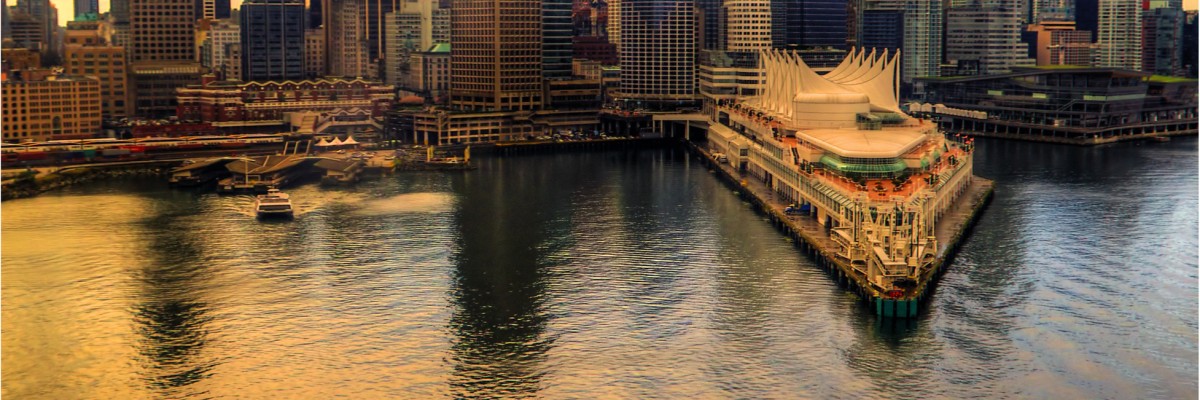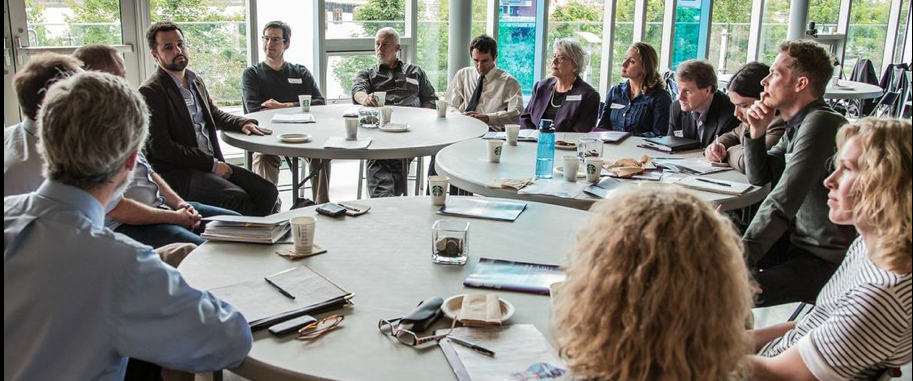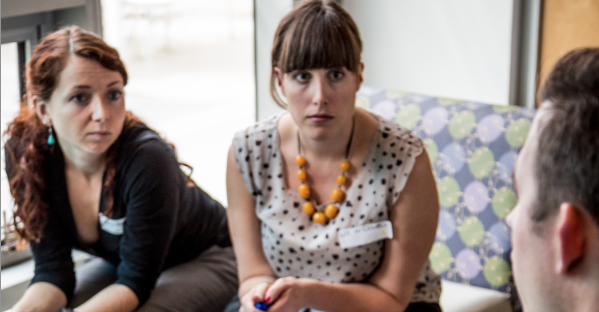
Posted by Liz McDowell
CRED is currently undertaking research to assess the risks to the tourism industry of an oil spill along BC’s west coast. Although it is far too early in our research to draw conclusions, here are some initial thoughts on the ways that the Deepwater Horizon spill affected tourism in the Gulf states.
In April 2010, the largest accidental marine oil spill in history occurred in the Gulf of Mexico, when the Deepwater Horizon oil rig exploded and approximately 4.9 billion barrels of oil poured into the Gulf of Mexico over the three months that followed.
Although this is certainly a worst-case scenario, the experience of the Gulf states can be instructive when trying to get a picture of the costs and benefits of expanded tanker traffic in BC’s coastal waters. Both the Gulf states and southern BC have highly populated coastal areas and a thriving tourism industry that is a significant regional job creator (127,000 people are employed in tourism in BC, the vast majority in and around Vancouver).
Tourism: vulnerable to public perception
When an oil spill occurs, not only are tourist destinations directly affected in areas where the spill has flooded land, washed up on beaches, or permeated the air with a strong odour, but the tourism industry also faces serious reputational impacts. Public perception strongly influences people’s decisions whether to visit and spend time in a particular community. In the Gulf of Mexico, sections of coastline that never saw oil wash up on shore were nonetheless affected by public perceptions of the Gulf states as contaminated.
A study commissioned for the Louisiana Office of Tourism two months after the Deepwater Horizon explosion had the following key findings:
- The spill had a negative impact on people’s intentions to visit Louisiana: 26% of people who had previously intended to visit the state had postponed or cancelled their trips.
- Perception overshadowed actual impacts: a quarter of people thought that leisure activities (swamp tours, boating and hiking) were closed because of the spill when in fact this was not the case.
- The seafood industry was particularly impacted by perceptions: for example, over half of people surveyed thought that Louisiana oysters were unsafe to eat although evidence demonstrated otherwise.
- 44% of respondents thought the oil spill impacts were the same or worse as the 2005 hurricanes (including Hurricane Katrina).
Net negative impact on hospitality
In August 2010 the Knowland Group carried out a survey of the spill’s impacts on the hospitality industry across Louisiana, Alabama, Mississippi and Florida. They found that although hotels experienced a short-term upward surge in bookings from oil cleanup crews, the net impact in the two months following the spill was negative. Their key findings:
- By June 3rd, 60% of hotels surveyed had experienced cancellations
- In the same time frame, 42% of hotels began to experience difficulty booking future events.
- Transient business associated with the spill cleanup made up for rooms typically booked by tourists or meeting attendees. However these rooms were often booked at a discount.
- Overall, lower room revenue coupled with unoccupied meeting space and empty restaurants, meant lower revenue than if the rooms had been booked by typical visitors.
Small businesses faced the biggest long-term impacts
A survey of over 200 million small businesses carried out in 2011 by Dun & Bradstreet found that small businesses are particularly vulnerable to natural disasters. Their findings indicated that:
- The oil spill in the Gulf of Mexico had the potential to impact 7.3 million businesses throughout Alabama, Florida, Louisiana, Mississippi, and Texas, affecting 34.4 million employees and $5.2 trillion in sales volume.
- According to the Institute for Business and Home Safety, “an estimated 25% of businesses do not re-open following a major disaster”.
Although the long-term impacts are still unfolding, at least one researcher has found small businesses to be most strongly impacted. Two years after the spill Mark Bonn, a tourism industry expert and researcher at Florida State University, commented that “both the resorts and the budget hotels in Northwest Florida have rebounded and are doing well, but the support industries are still struggling. Some of the mom and pop restaurants, gift shops, and the charter boat and watercraft rental businesses have really struggled, and many of them just didn’t make it.”
Questions CRED is hoping to answer
As we continue with our research, we plan to move beyond looking at what’s happened elsewhere to modelling what might happen in Vancouver.
Here is our working list of questions to address. We warmly welcome additions, clarifications and challenges to our thinking- if there are other relevant questions you’d like us to investigate or if you wish to suggest modifications to the list below, please post in the comments to this blog.
- If there was a large oil spill in or around Vancouver’s waters, what impact on tourism could be expected? What about if there was a medium-sized spill?
- What kind of government spending would be needed to help counter negative public perception and bring tourists back?
- How long-lasting would the impact likely be?
- How many jobs would be likely to be affected?
- Which industries within the tourism sector would be most vulnerable?
- Are there any actions that would significantly reduce risk for the sector?
